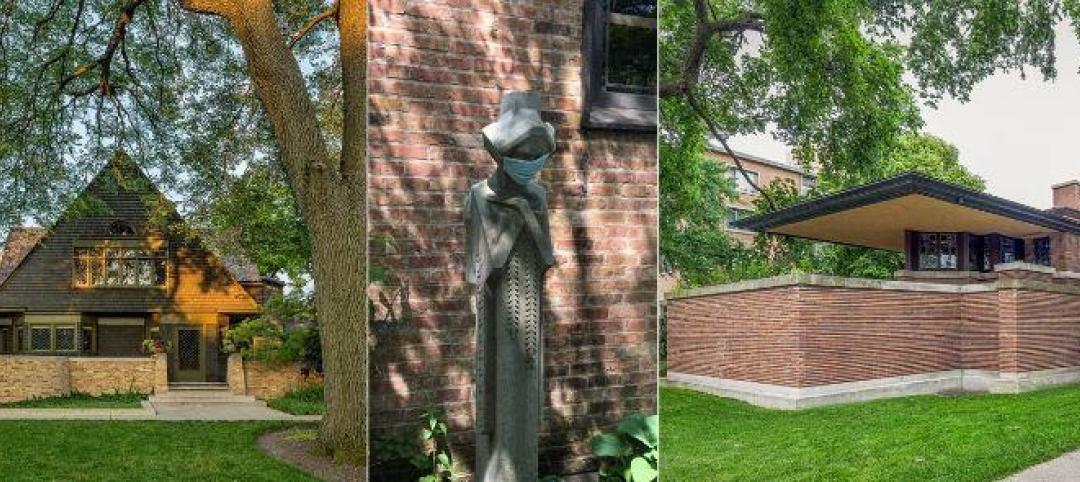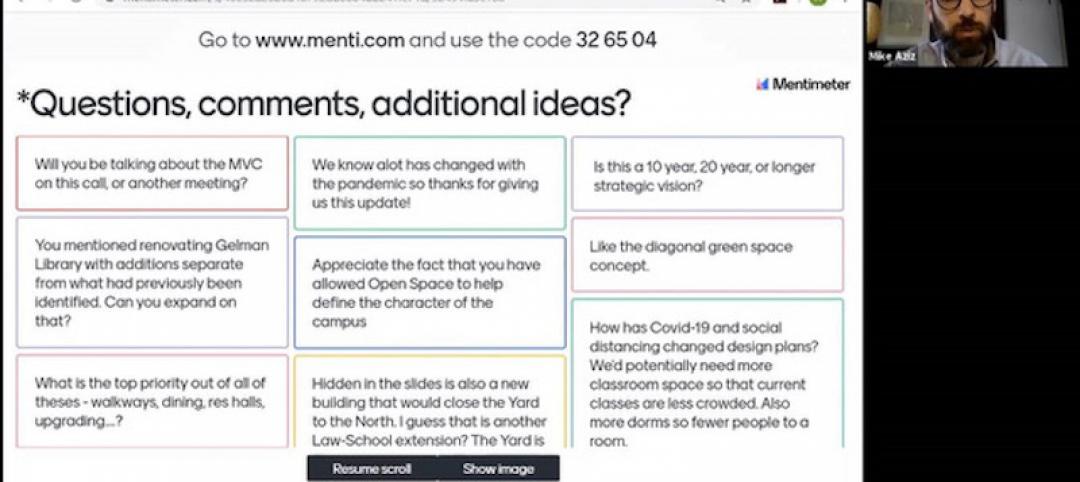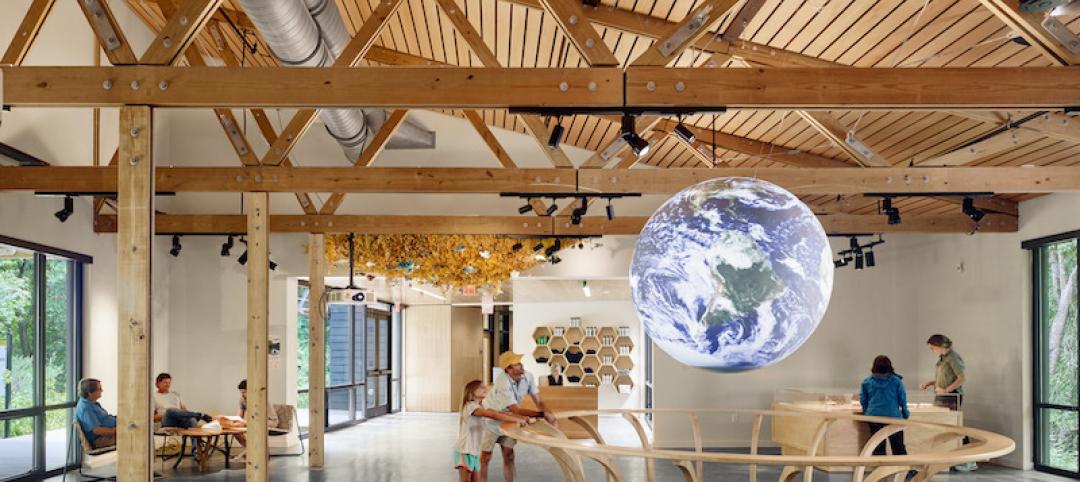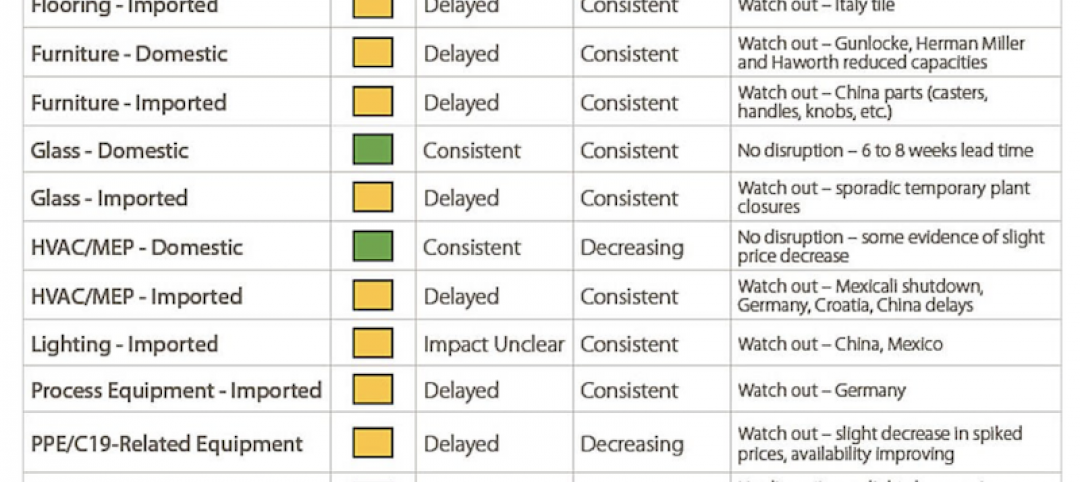The National Council of Architectural Registration Boards (NCARB) has launched the first phase of its revised certification path for architects without a degree from a program accredited by the National Architectural Accrediting Board (NAAB). The NCARB Certificate facilitates reciprocal licensure among the 54 U.S. jurisdictions and several countries.
Through this alternative, architects licensed in a U.S. jurisdiction who hold an architecture-related degree can satisfy the Certificate’s education requirement by documenting two times the Architectural Experience Program’sTM (AXPTM) requirements (7,480 hours). A separate certification option for U.S. architects without an architecture-related degree will launch in spring.
These education alternatives replace a previous option known as the Broadly Experienced Architect (BEA) Program, which cost $5,000 plus transcript review fees. Additionally, these revised paths will lead to a shorter evaluation process, and will be offered at no additional charge to active NCARB Record holders. The changes were adopted by a vote of the NCARB membership in June 2016 at its Annual Business Meeting.
“This revised path recognizes the value of the initial license and practical experience while maintaining a rigorous, yet inclusive, option for architects seeking NCARB certification,” said NCARB President Kristine A. Harding, NCARB, AIA.
U.S. architects interested in earning an NCARB Certificate through this path must meet the following requirements:
- Have at least three years of continuous licensure in any U.S. jurisdiction without disciplinary action.
- Hold a bachelor’s degree in an architecture-related program.
To learn more about the benefits of NCARB certification, visit www.ncarb.org/certificat
Related Stories
Coronavirus | Jun 12, 2020
BD+C launches 'The Weekly,' a streaming program for the design and construction industry
The first episode, now available on demand, features experts from Robins & Morton, Gensler, and FMI on the current state of the AEC market.
Architects | Jun 8, 2020
Two Frank Lloyd Wright sites set to reopen for tours with enhanced health and safety protocols
The sites will reopen on Thursday, June 11.
Architects | May 28, 2020
Ghafari joins forces with Eview 360
Global architecture + engineering firm announces investment in experiential design agency.
Coronavirus | May 26, 2020
9 tips for mastering virtual public meetings during the COVID-19 pandemic
Mike Aziz, AIA, presents 9 tips for mastering virtual public meetings during the COVID-19 pandemic.
Architects | May 26, 2020
AIA honors exceptional designs with its COTE Top Ten Awards
Projects integrate high design with advanced performance in ten key areas.
Coronavirus | May 22, 2020
COVID-19: Healthcare designers look to the future of medical facilities in light of coronavirus pandemic
The American College of Healthcare Architects (ACHA) has released the key findings of a survey of its members revealing their insights on the future of healthcare architecture and the role of design in the context of the COVID-19 healthcare crisis.
Coronavirus | May 18, 2020
Infection control in office buildings: Preparing for re-occupancy amid the coronavirus
Making workplaces safer will require behavioral resolve nudged by design.
Data Centers | May 8, 2020
Data centers as a service: The next big opportunity for design teams
As data centers compete to process more data with lower latency, the AEC industry is ideally positioned to develop design standards that ensure long-term flexibility.
Coronavirus | Apr 30, 2020
Gilbane shares supply-chain status of products affected by coronavirus
Imported products seem more susceptible to delays
Architects | Apr 23, 2020
Take a virtual tour of Frank Lloyd Wright's Robie House
Explore the building with Frank Lloyd Wright Trust curator David Bagnall.

















